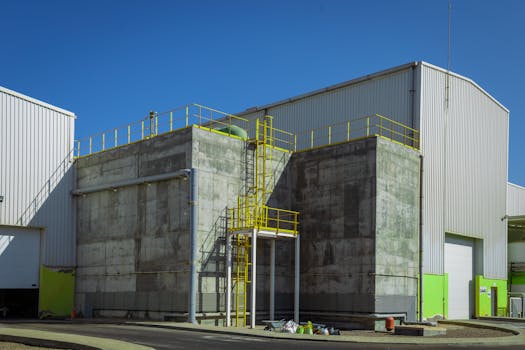Trainee manager positions are open to graduates of most subjects though you may find it useful to do a foundation degree, higher national diploma or degree in subjects like:
- logistics
- supply chain management
- transport management
- business management
You can find out about industry sponsored degree courses in supply chain management from NOVUS.
Entry requirements
You'll usually need:
- 1 or 2 A levels, or equivalent, for a foundation degree or higher national diploma
- 2 to 3 A levels, or equivalent, for a degree



